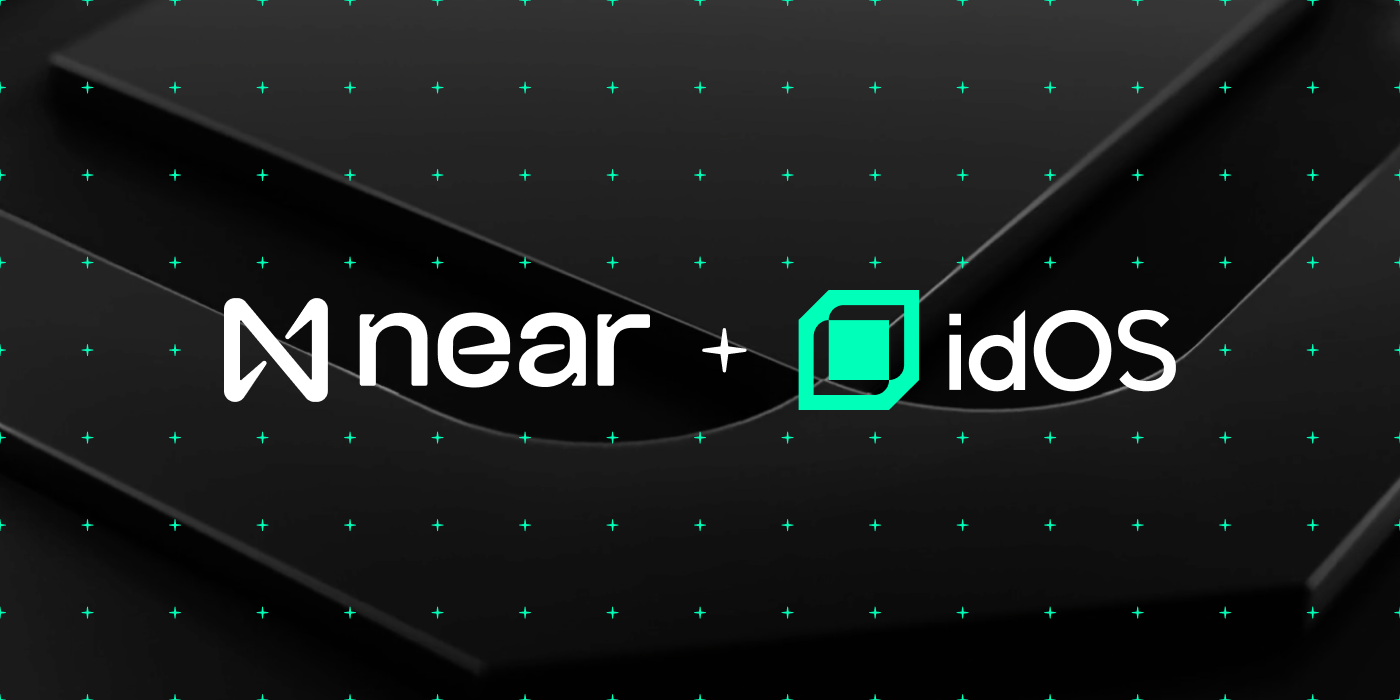
Anyone who has signed up for a DeFi platform or Web3 app knows the pain: endless Know Your Customer (KYC) forms, repeated identity checks, and the constant worry about where your sensitive data is being stored. The idOS network is changing this paradigm with a radical approach to digital identity, one that puts users in control and enables truly portable, reusable KYC across the decentralized ecosystem.

Understanding idOS: The Self-Sovereign Identity Layer for Web3
idOS is a decentralized, chain-agnostic identity layer designed to address two of the biggest friction points in DeFi and Web3 today: onboarding speed and privacy. Instead of submitting your passport scan to every new dApp, you verify your identity once through idOS. Your credentials are then encrypted, stored in a decentralized network, and can be reused anywhere that supports idOS, no more repetitive KYC headaches.
This model is fundamentally different from traditional KYC providers or siloed digital ID systems. With idOS:
- You own your data: Only you can decide which apps or services get to see your details.
- Your credentials are portable: Complete KYC once, use it everywhere in the idOS ecosystem, from DeFi protocols to NFT marketplaces.
- No single point of failure: Data is stored decentrally and encrypted end-to-end, reducing breach risk.
This approach aligns tightly with self-sovereign identity (SSI) principles: users, not corporations, control their digital selves. For anyone interested in privacy-preserving identity or self-sovereign ID for DeFi, this is a major leap forward.
The Power of Reusable KYC: One Verification, Infinite Access
If you’ve ever onboarded to five different protocols only to submit the same documents each time, you’ll immediately grasp why reusable KYC credentials are such a game-changer. With idOS’s model:
- You verify your identity once with an approved provider.
- Your credentials are issued as W3C Verifiable Credentials directly into your idOS profile.
- You can share proof of verification with any dApp that integrates idOS, using just your wallet signature.
This not only saves time but also drastically reduces exposure of sensitive information. dApps can verify compliance without ever seeing raw user data, a win for both privacy advocates and developers navigating global regulations like GDPR or AML/KYC laws.
The impact? A smoother onboarding experience for users and faster growth potential for projects across chains. As one industry commentator put it:
A Growing Consortium and Strategic Integrations
The momentum behind idOS isn’t just theoretical, it’s backed by significant funding rounds and high-profile partnerships. In July 2024 alone, idOS secured $4.5 million in funding from heavyweights like Fabric Ventures, Circle Ventures, Ripple, NEAR Foundation, Gnosis, Aleph Zero Foundation, Radix, and Tezos Foundation. These alliances signal broad recognition that scalable digital ID infrastructure is essential for mainstream adoption of Web3 services.
Technical innovation hasn’t lagged either. Recent integration with Partisia Blockchain brings Multi-Party Computation (MPC) into the mix, meaning user keys are never fully exposed or stored in one place. Combine this with Radix joining the consortium to streamline credential issuance on its network, and it’s clear that idOS is building not just another ID product but an entire open standard for portable decentralized identity across blockchains.
Why Portable Identity Is Critical for DeFi Growth
The ability to verify once and transact everywhere isn’t just convenient, it’s strategic. Frictionless onboarding drives user retention; compliance without data silos reduces legal risk; self-sovereignty builds trust with privacy-conscious communities. As more dApps integrate with solutions like idOS, we’re likely to see faster adoption curves throughout the DeFi space, and far fewer abandoned sign-up flows due to repetitive paperwork.
Reusable, portable identity is also a catalyst for composability in DeFi. When users can move seamlessly between lending platforms, decentralized exchanges, and NFT marketplaces without revalidating their credentials, the entire ecosystem becomes more interconnected and user-centric. This isn’t just about convenience – it’s about unlocking new financial primitives and cross-platform experiences that weren’t possible when identity was fragmented and siloed.
For developers, integrating idOS reusable KYC means less time spent on compliance infrastructure and more focus on building features that matter. dApps can offer one-click onboarding for users who have already verified with idOS, while still meeting regulatory requirements. This dual advantage of privacy-preserving identity and regulatory alignment is a rare win-win in crypto.
How idOS Protects Privacy While Enabling Compliance
One of the most innovative aspects of idOS is its approach to privacy. Instead of storing sensitive data with a single provider or exposing it repeatedly across apps, idOS leverages decentralized storage and advanced encryption. Users’ KYC credentials are issued as W3C Verifiable Credentials – cryptographically secure attestations that can be independently verified without revealing underlying personal details.
This means your passport scan or address never sits in a centralized honeypot vulnerable to hacks. With the integration of Multi-Party Computation (MPC) via Partisia Blockchain, even private keys used to manage access are split across multiple parties, making unauthorized access nearly impossible.
dApps simply request proof from your wallet that you meet certain criteria (KYC complete, over 18, etc. ), and you approve or deny each request. This selective disclosure model is a massive leap forward for both user empowerment and regulatory compliance.
Real-World Adoption: From Stablecoins to Multi-Chain Ecosystems
The promise of portable decentralized identity isn’t hypothetical – it’s already being realized across major projects. Stablecoin issuers are leveraging idOS for frictionless onboarding; NFT platforms are enabling artists to verify once and mint anywhere; cross-chain DeFi protocols are reducing drop-off rates by eliminating redundant KYC checks.
The recent expansion of the idOS Consortium, including Radix and NEAR Foundation, signals growing momentum toward open standards for digital identity in Web3. As more blockchains join forces under this model, users gain even greater flexibility – verifying once and accessing opportunities across dozens of networks without ever compromising on privacy or control.
What’s Next? The Future of Self-Sovereign Identity in Web3
The future points toward even richer integrations: think social platforms where your reputation follows you wallet-to-wallet; DAOs where governance rights are tied to verifiable credentials rather than just wallet balances; marketplaces where trust is portable but your private info remains confidential.
If you’re interested in exploring how reusable KYC and portable digital identity will shape the next era of DeFi onboarding, check out our deep dives on topics like self-sovereign ID for DeFi or portable KYC transformation in DeFi onboarding. The rise of solutions like idOS marks a turning point: finally, users can take control of their digital identities – not just within one app but everywhere they choose to interact across Web3.






